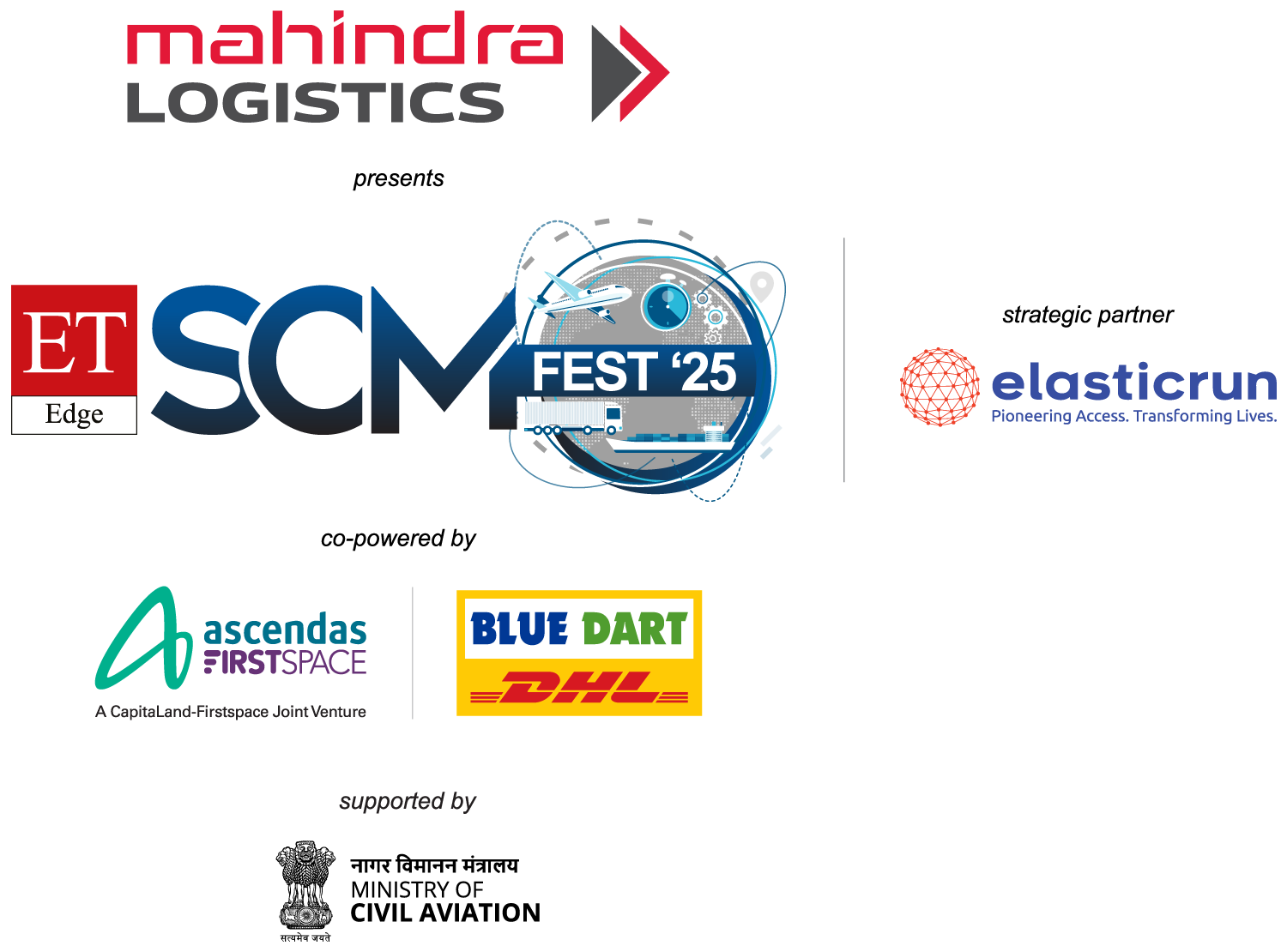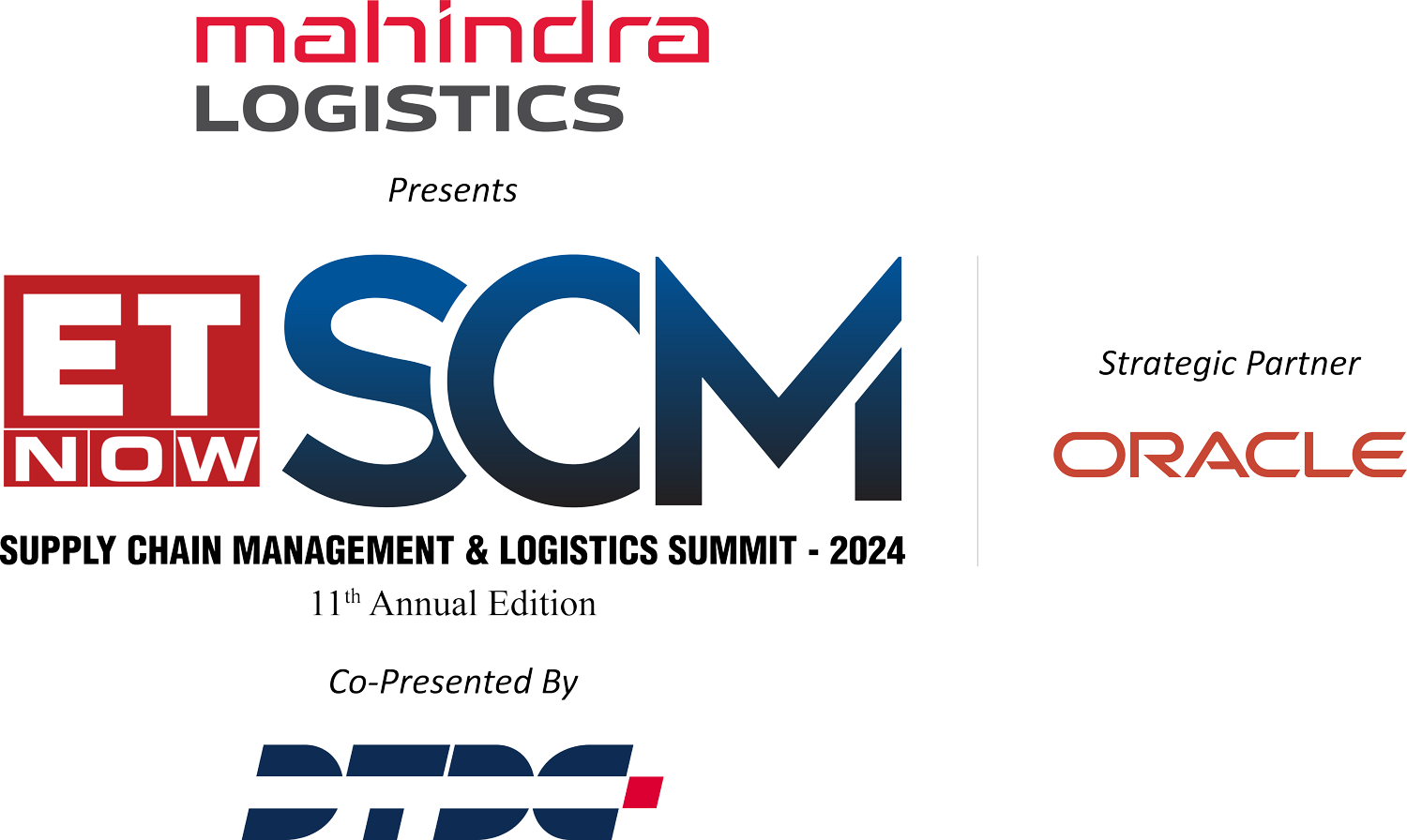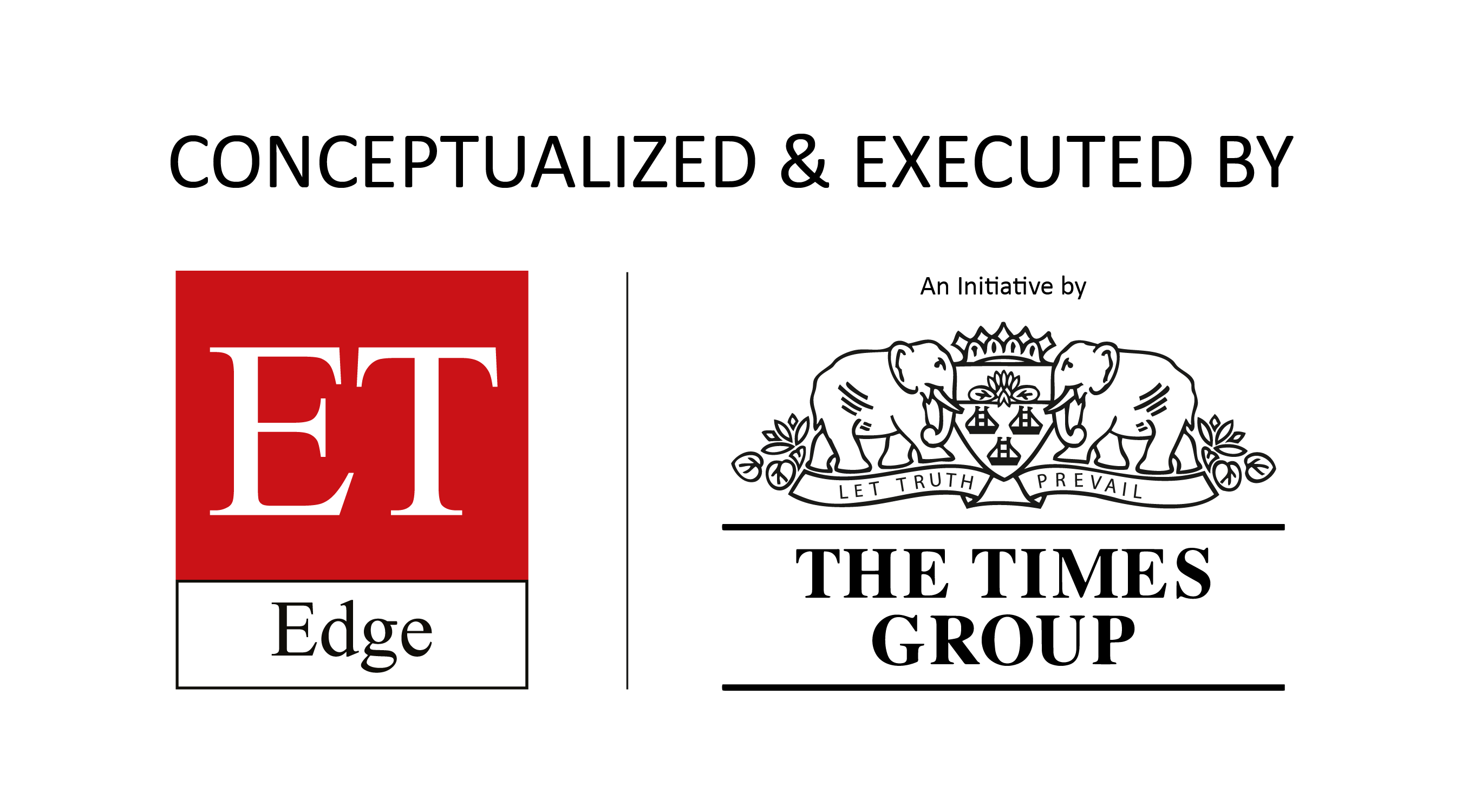Article
- Home
- Article

- scmcp2025
- 0 Comments
Building Ethical Supply Chains: Integrating Social Factors for Sustainable Business Success
Written by: Dr. Aditya Gupta, COO at Supply Chain Management Centre, IIM Bangalore
On April 24, 2013, in Dhaka, Bangladesh, an eight-story commercial building called Rana Plaza, housing garment factories, crumbled, resulting in the deaths of over 1,100 people and injuring more than 2,500, making it the deadliest accidental structural failure in modern history and the deadliest garment-factory disaster ever. The building was known to be structurally unsound and had significant cracks before the collapse. Despite these warnings, garment factory owners continued operations, putting worker safety at risk. Several US companies, like J.C. Penny, The Children’s Place, and others, were indirectly implicated in the Rana Plaza incident as they sourced garments from the factories operating within the building.
On December 12, 2020, violence erupted at Wistron Corp’s Narasapura facility near Bengaluru, India. This major Apple contract manufacturer faced a situation where a significant portion of its workforce, primarily temporary workers, rioted over alleged labor issues. The Narsapura incident cast a shadow on Apple’s and Wistron’s labor practices and their commitment to ethical sourcing. It highlighted potential vulnerabilities within their supply chain.
The above incidents highlight the importance of integrating social (S) factors among the ESG factors into supply chain strategies to create more sustainable supply chains. By addressing social issues within supply chains, businesses can ensure the well-being of workers, maintain ethical standards, and avoid reputational damage. Here’s how integrating the “S” factors into supply chain strategies contributes to a more sustainable model:
Reputational Risk: Social scandals like Rana Plaza or the Narsapura incident can severely damage your brand image.
Regulatory Compliance: Regulations like BRSR and CSDDD address labor practices and environmental standards in supply chains.
Consumer Demands: Consumers are increasingly concerned about the ethical sourcing of products.
Supply Chain Disruptions: Social unrest or labor disputes like those at Narsapura can disrupt production and delivery schedules.
Long-term Sustainability: Companies that prioritize ethical sourcing and address social issues within their supply chain build stronger relationships with suppliers.
Following are some key areas businesses should focus on to integrate the S factors effectively:
Health and Safety:
- Companies must implement rigorous health and safety protocols in their supplier ecosystem to ensure the well-being and protection of workers from workplace hazards.
Human Rights:
- Businesses have a responsibility to uphold and respect human rights throughout their supply chains, ensuring that all workers are treated with dignity and fairness. They need to ensure no forced or bonded labor, child labor, discrimination based on caste, religion, or gender, and no physical or verbal abuse throughout their supply chains.
Labor Rights:
- Ensuring labor rights involves guaranteeing minimum wages, reasonable working hours, benefits such as healthcare, PF, ESI or paid leave, and the right to organize and bargain collectively for better working conditions.
Product Liability and Consumer Protection:
- Companies must ensure that their suppliers’ products meet safety standards and regulatory requirements to protect consumers from harm and maintain trust in their brand.
Cyber Security:
- Implementing robust cyber security measures in the supply chain is essential to protect sensitive data and systems from breaches, ensuring the confidentiality and integrity of customer information and business operations.
Supplier Diversity:
- Promoting supplier diversity involves sourcing from a wide range of suppliers, including minority-owned, women-owned, and small businesses, to foster inclusivity and innovation.
Prevention of Sexual Harassment:
- Supplier companies must establish clear policies and training programs to prevent sexual harassment, creating a safe and respectful workplace environment for all employees.
How to Implement Social Factors into Supply Chain Strategies
- Define Expectations and Priorities
- Identify Key Social Issues: Conduct an assessment to identify critical social issues such as labor rights, working conditions, and health and safety. Engage stakeholders for insights.
- Develop a Code of Conduct: Create a Code of Conduct based on identified issues, covering fair labor practices, safety, and ethics. Communicate it effectively and integrate it into supplier agreements.
- Collaboration and Capacity Building
- Supplier Training and Workshops: Offer training and workshops for suppliers on labor rights, safety, ethical practices, and sustainability. Encourage the adoption of best practices.
- Supplier Selection and Evaluation
- Pre-Qualification Process: Assess potential suppliers’ social performance through questionnaires, site visits, and audits. Ensure they meet labor laws and ethical standards.
- Performance Metrics and Regular Reporting: Set performance metrics for suppliers and require regular reporting on social performance, including labor practices and safety incidents.
- On-Site Audits: Conduct regular audits to verify compliance with the Code of Conduct. Use findings to provide feedback and develop corrective actions.
- Monitoring and Continuous Improvement
- Track and Analyze Data: Use data analytics to track and analyze suppliers’ social performance. Identify trends and areas needing improvement.
- Reviews and Corrective Actions: Periodically review suppliers’ performance and the overall strategy’s effectiveness. Implement corrective action plans for non-compliant suppliers.
By following these steps, businesses can integrate social factors into their supply chain strategies, ensuring ethical practices, sustainability, and positive social impacts. This comprehensive approach not only helps in mitigating risks associated with social issues but also builds a stronger, more resilient supply chain. Additionally, by prioritizing the well-being of workers and communities, businesses contribute to social equity and economic development, thereby creating a more just and sustainable world.
© Copyright 2025. All Rights Reserved.


